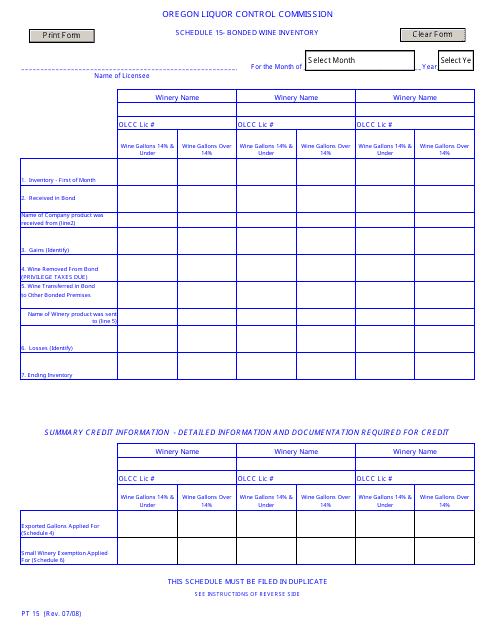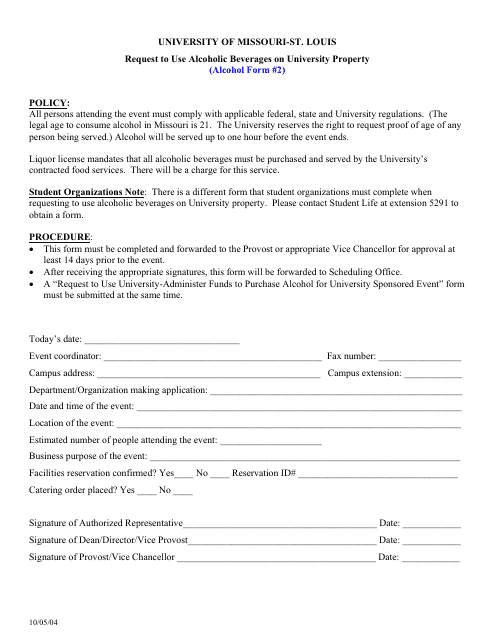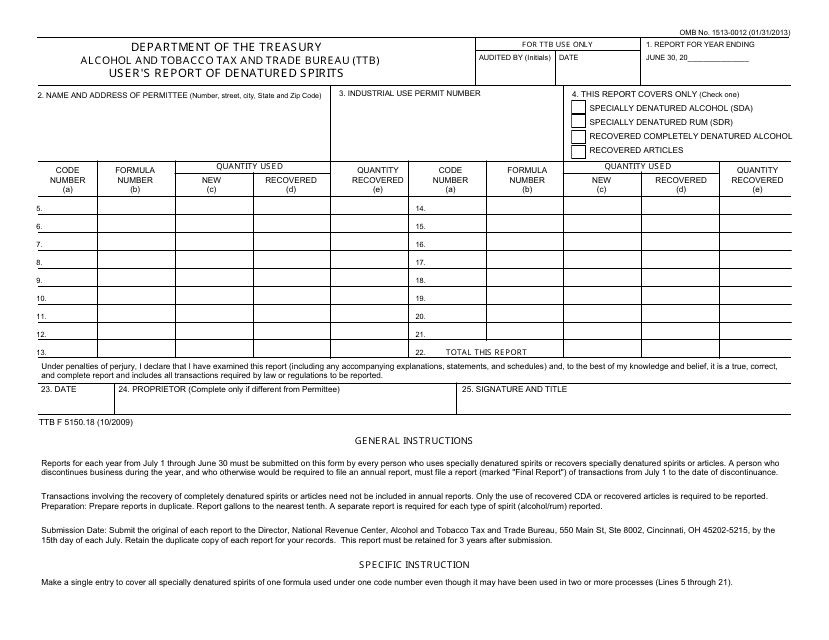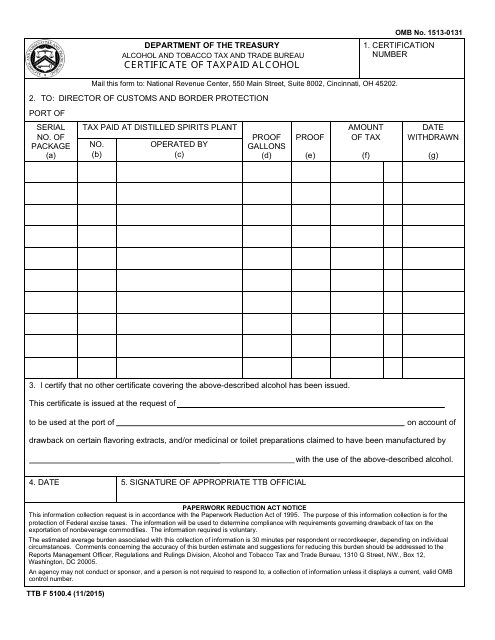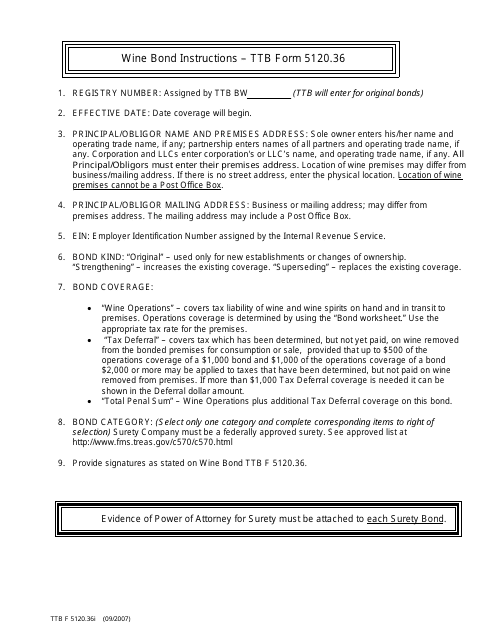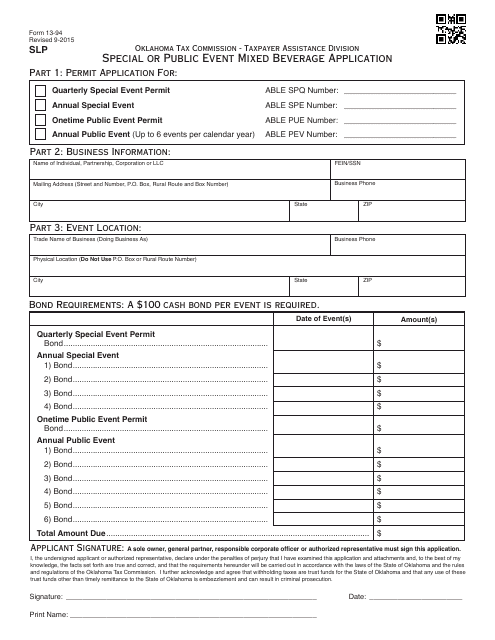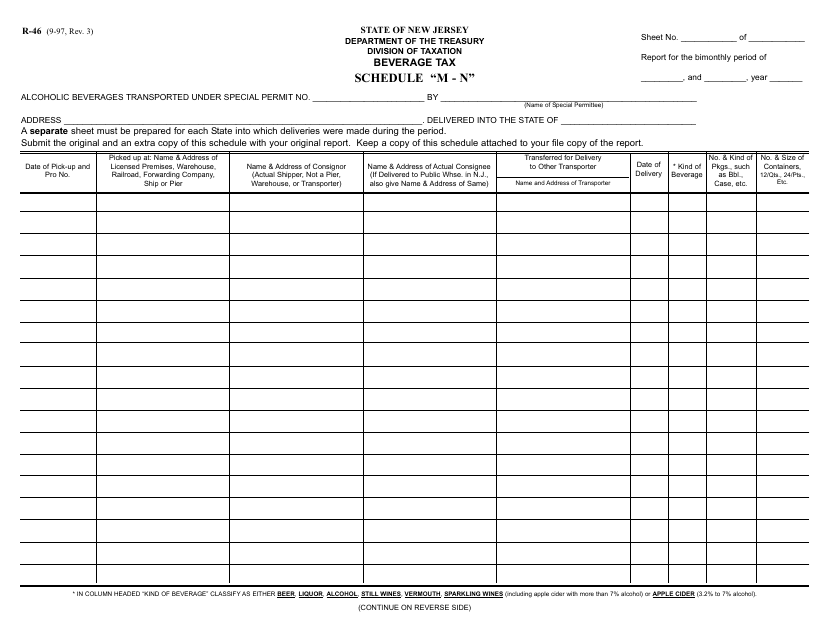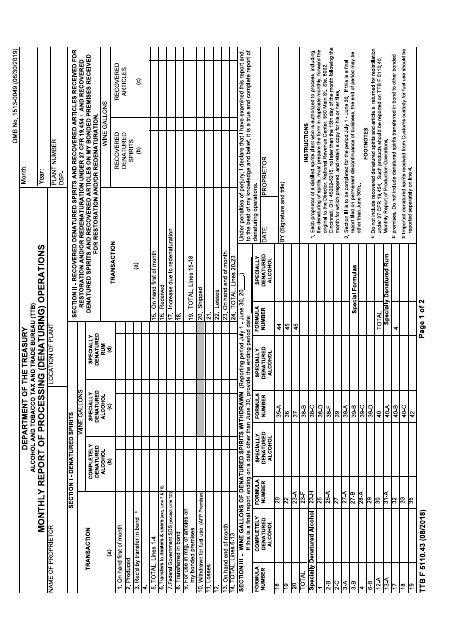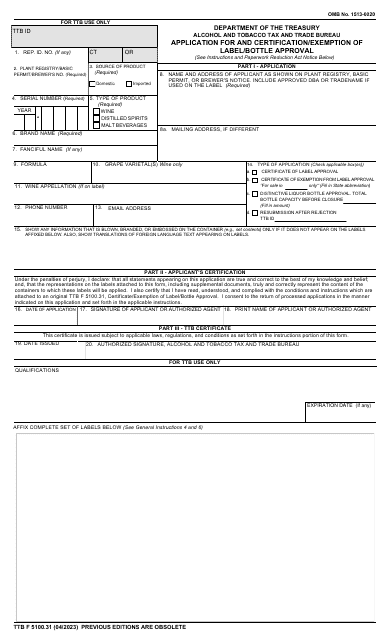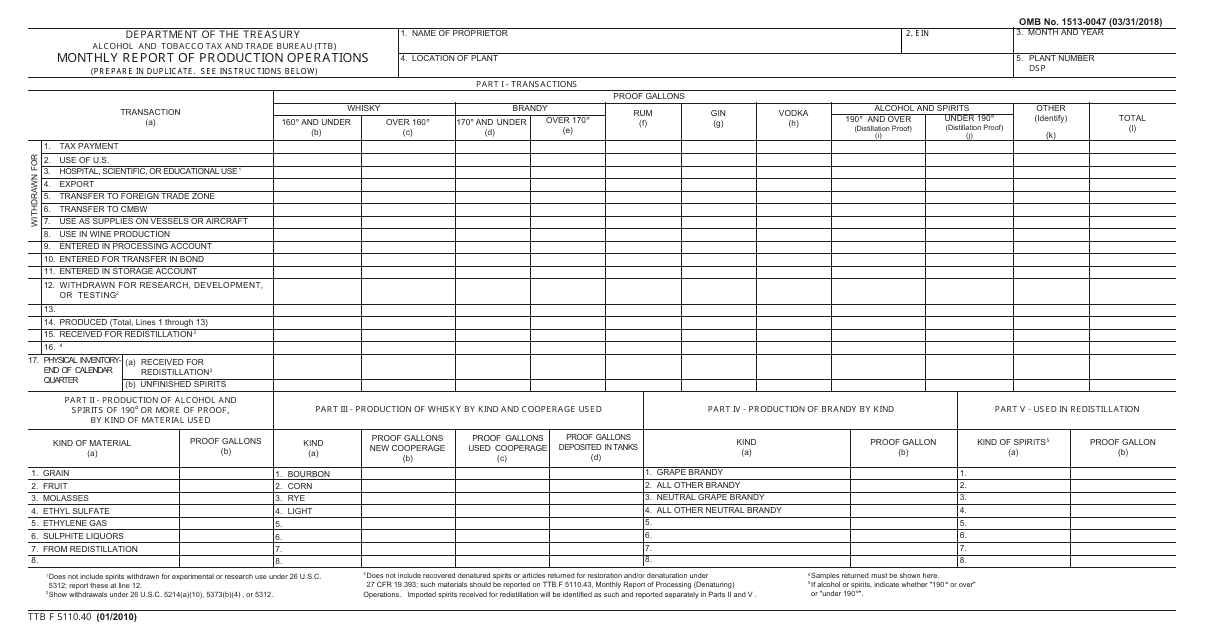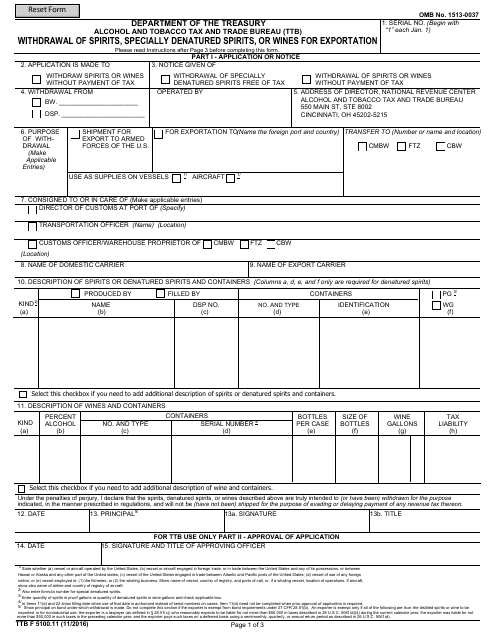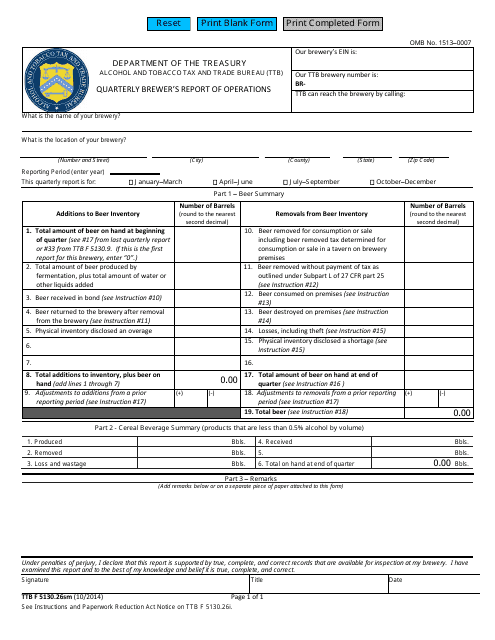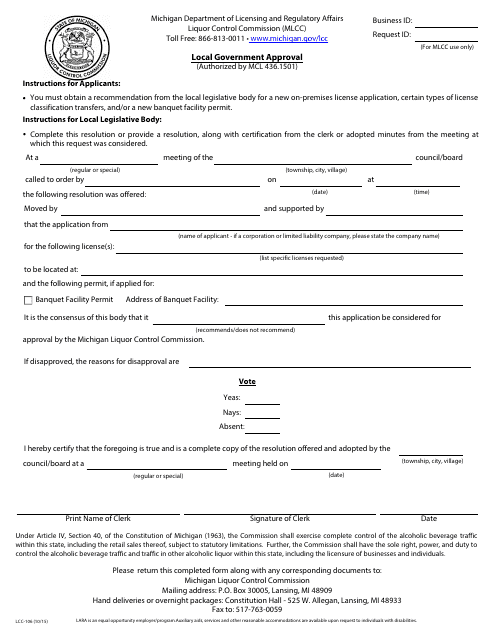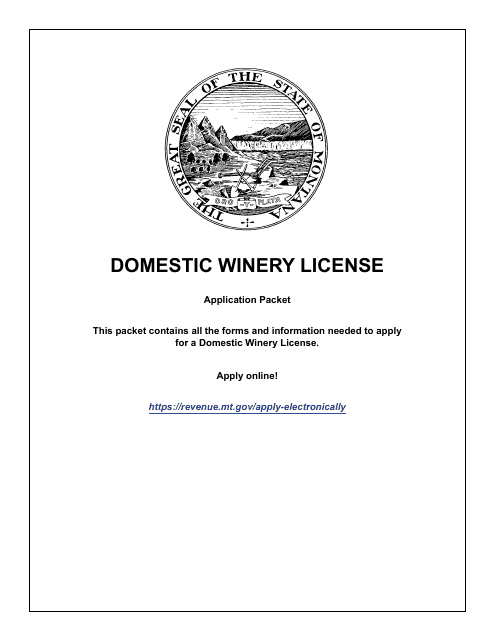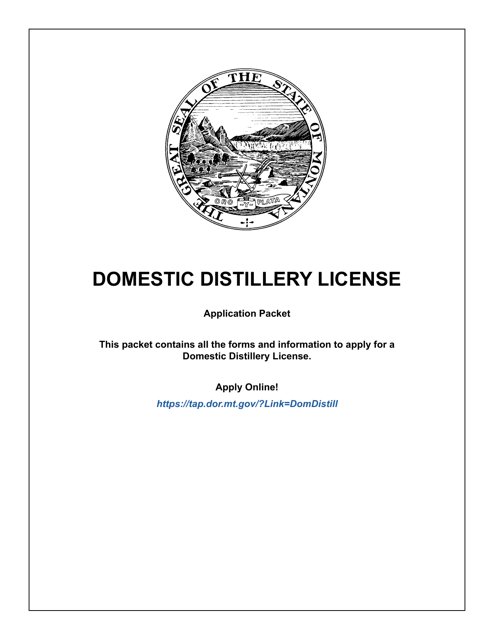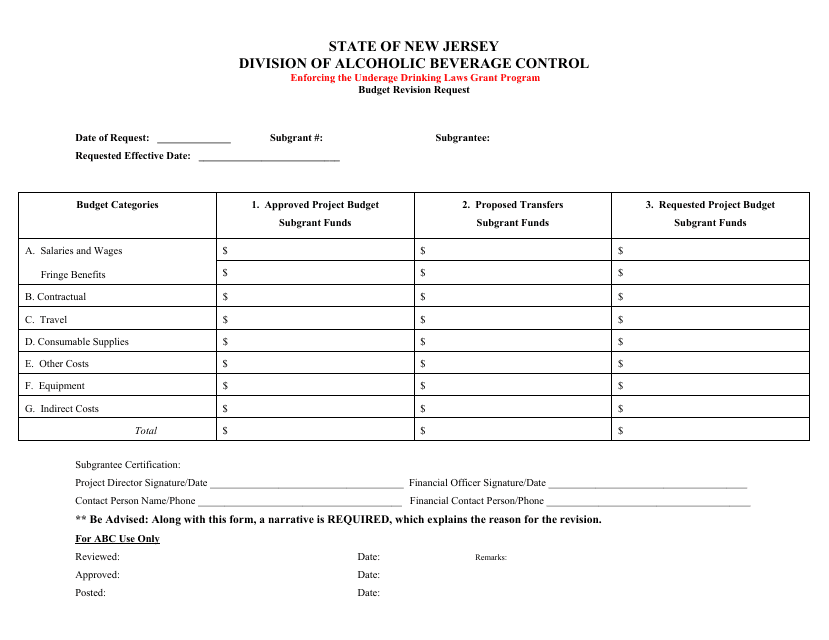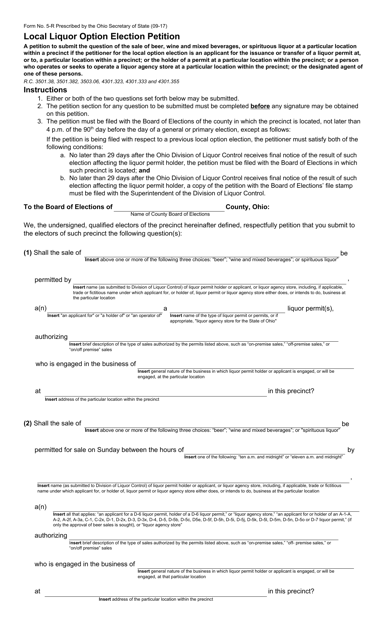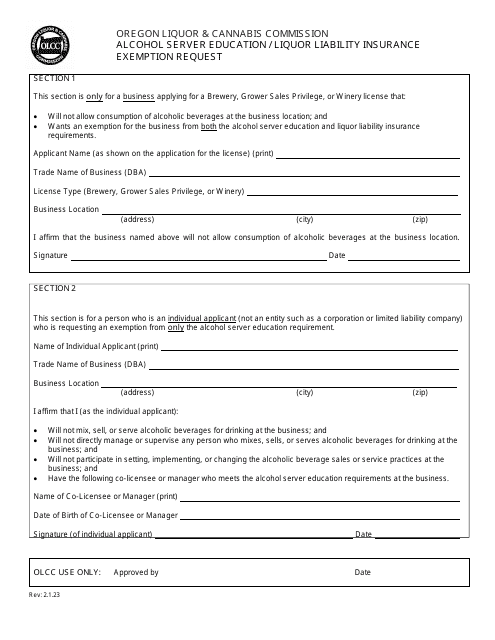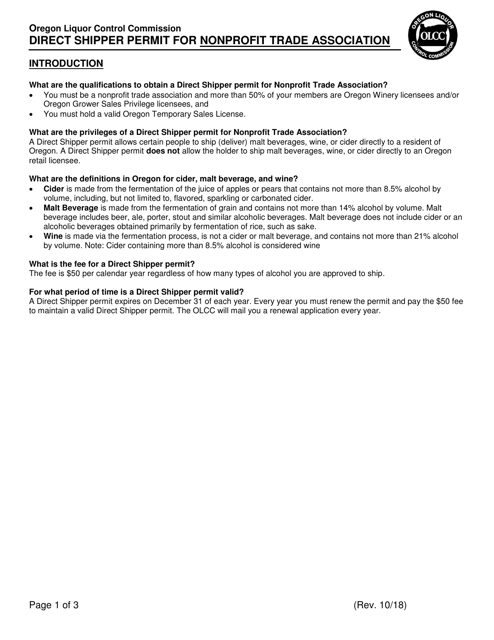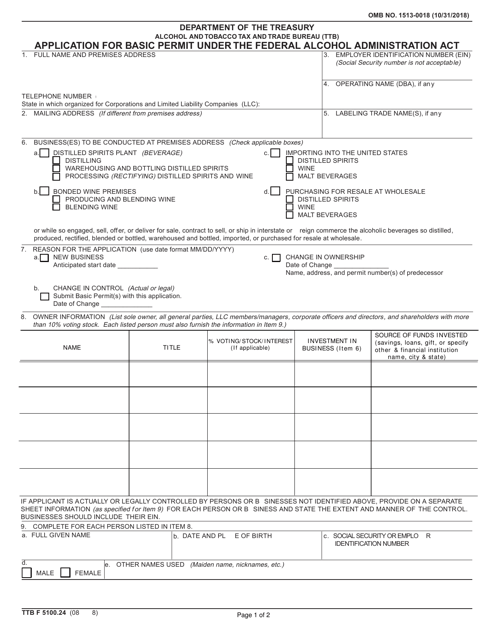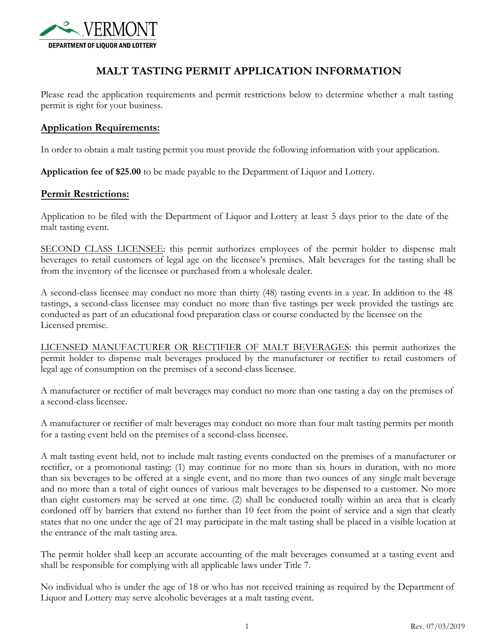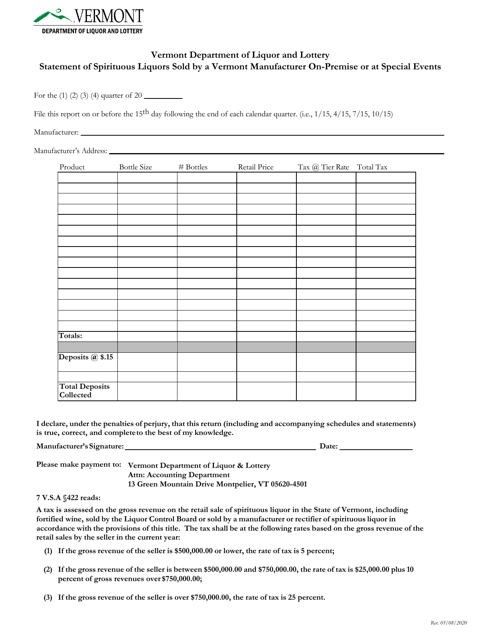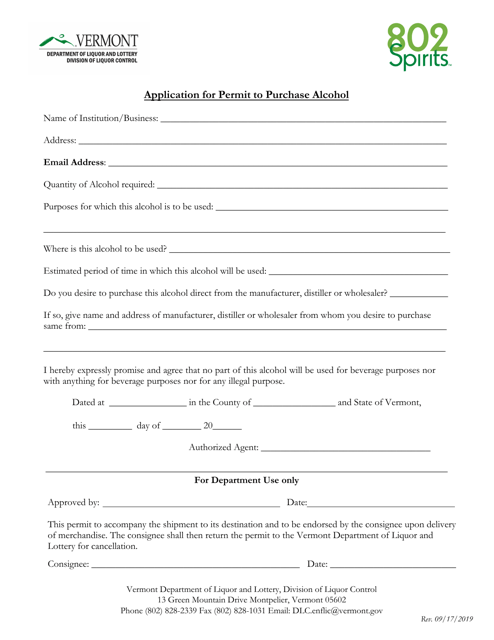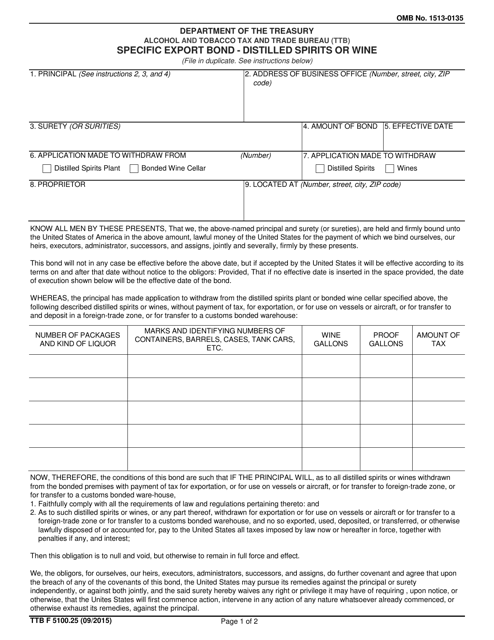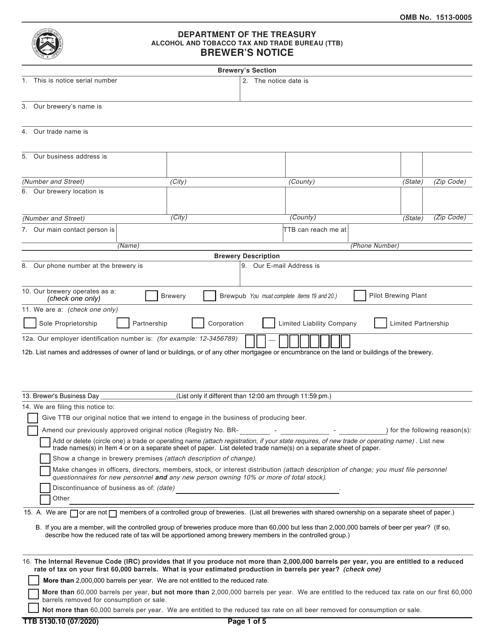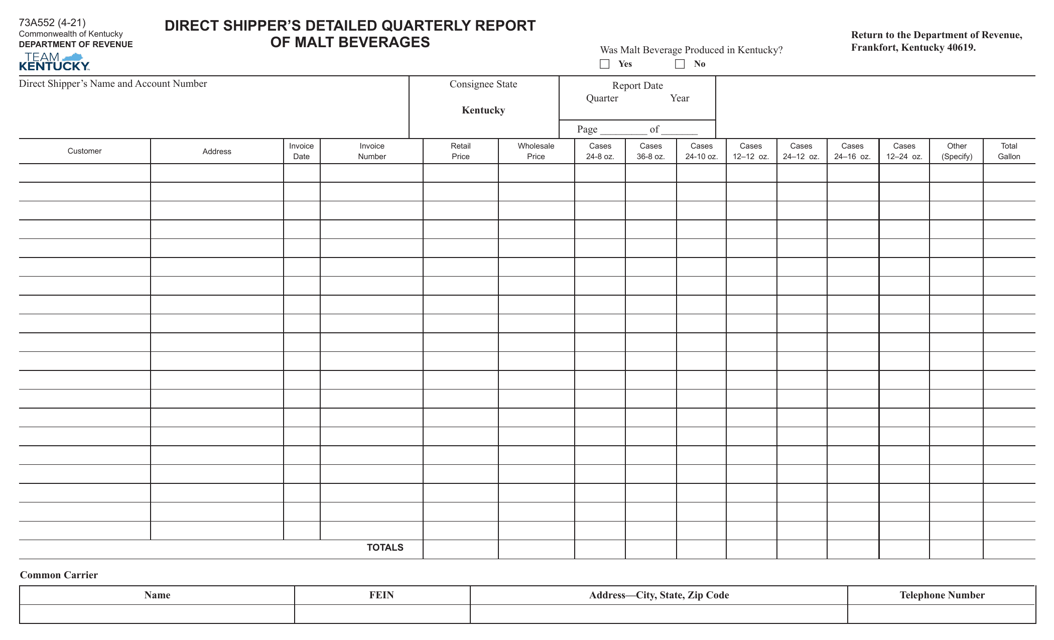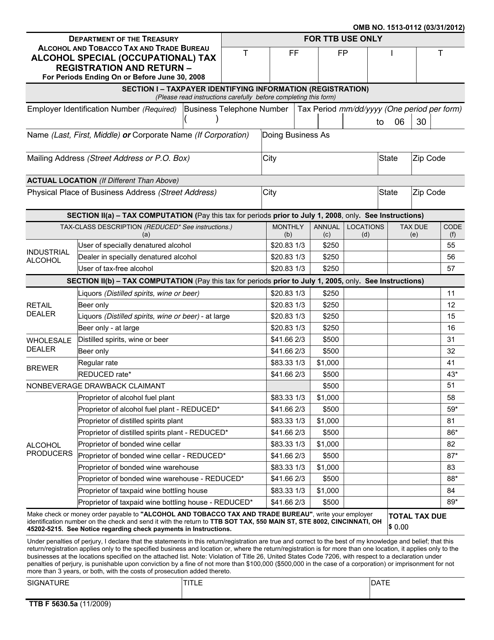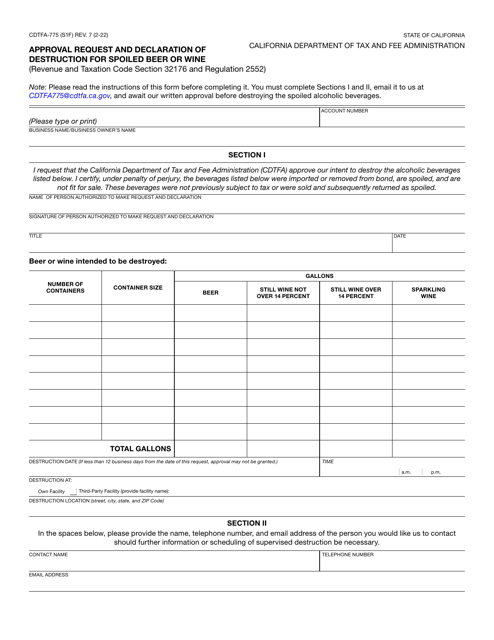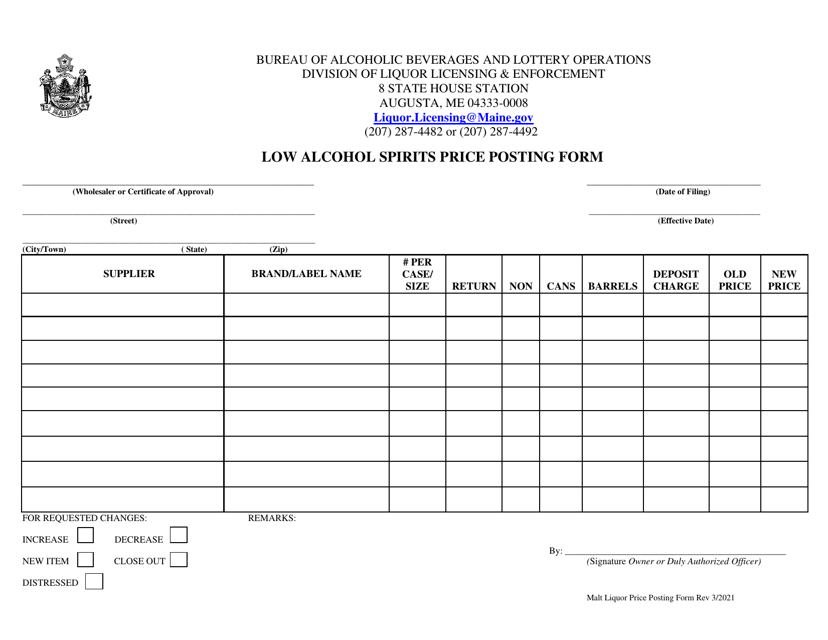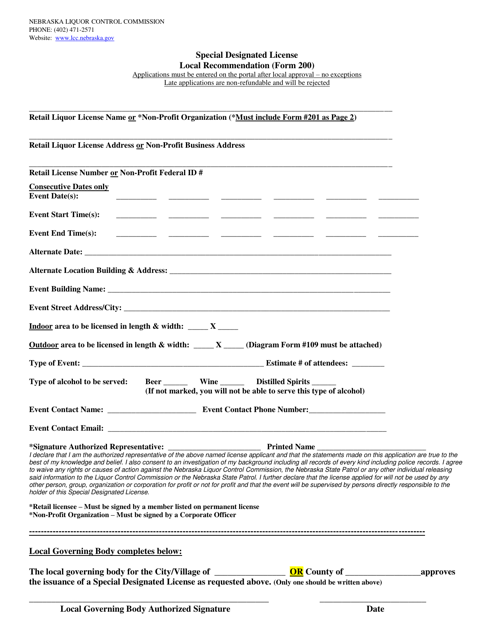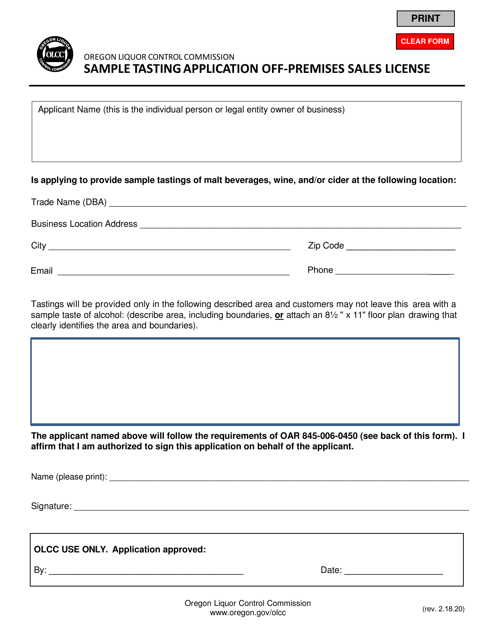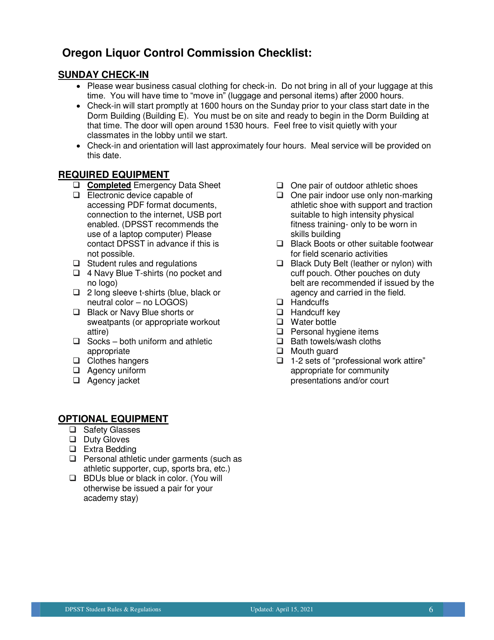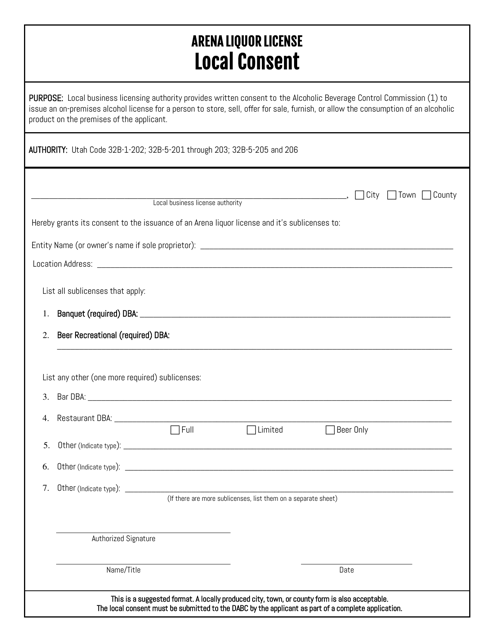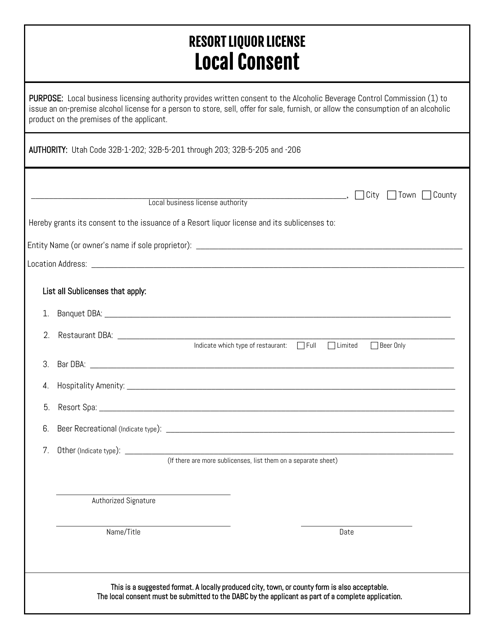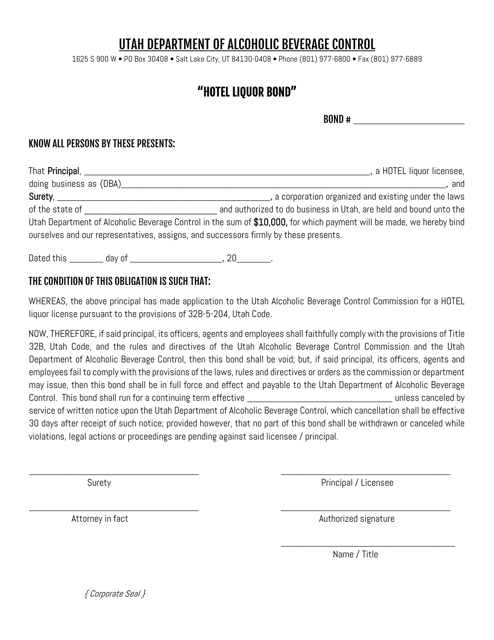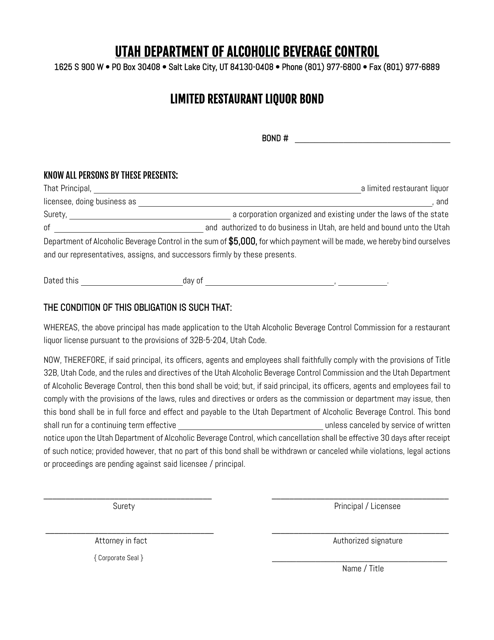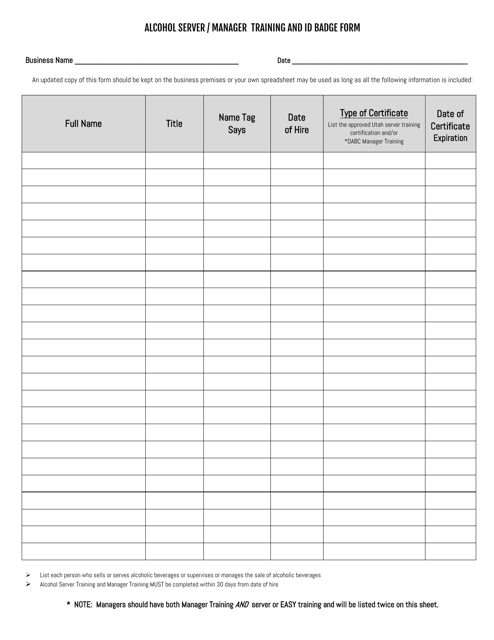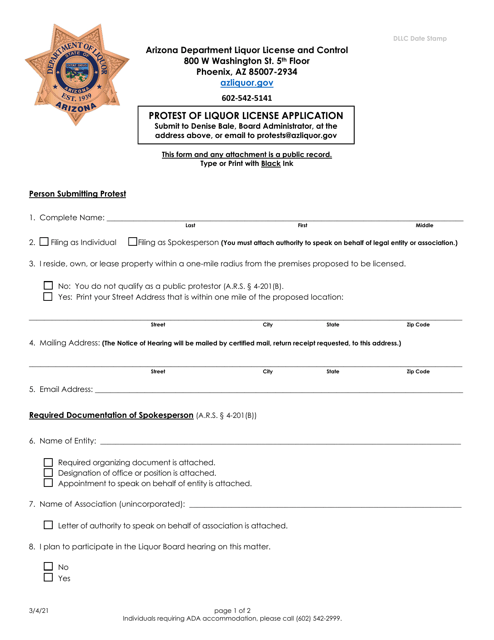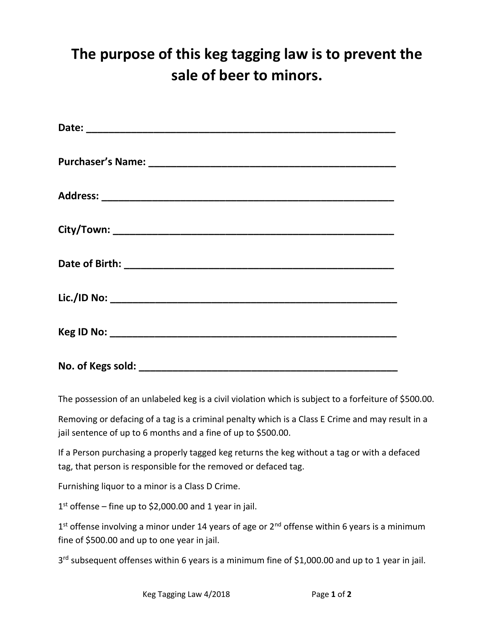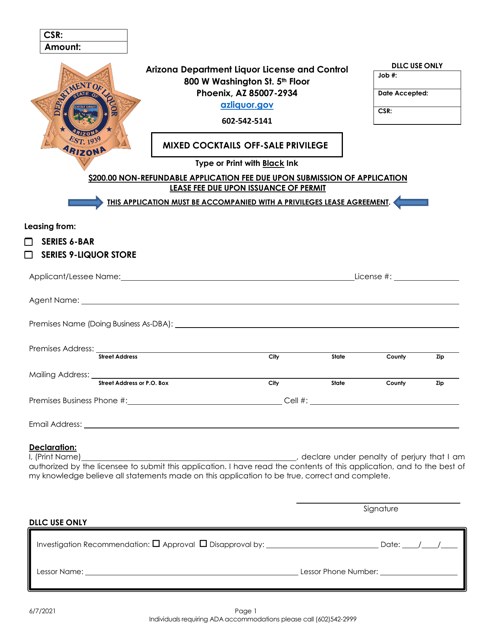Alcohol Regulations Templates
Alcohol regulations play a crucial role in governing the production, sale, and consumption of alcoholic beverages. These regulations are put in place to ensure public safety and prevent the abuse of alcohol. The alcohol regulations, also known as alcohol regulation, cover a wide range of topics, including licensing requirements, tax obligations, and compliance with specific state or provincial laws.
One of the key documents under the alcohol regulations is the Instructions for TTB Form 5120.36I Wine Bond. This document provides guidance on submitting a wine bond to the Alcohol and Tobacco Tax and Trade Bureau (TTB) as a part of the regulatory process. It outlines the requirements and procedures to be followed by businesses involved in the wine industry.
Another document that falls under the alcohol regulations is the Form DWL Domestic Winery License - Montana. This form is necessary for wineries operating within the state of Montana to obtain the appropriate license to produce and sell wine. It details the application process and the criteria that must be met to qualify for the license.
In Vermont, the Application for Malt Tasting Permit is a document that businesses must submit to obtain a permit for conducting malt tasting events. This document is an important part of the alcohol regulations as it ensures responsible consumption and compliance with state-specific requirements.
Similarly, in California, the Form CDTFA-775 Approval Request and Declaration of Destruction for Spoiled Beer or Wine is a document that allows businesses to request approval for the destruction of spoiled beer or wine. This form is a crucial component of the alcohol regulations as it helps maintain quality control and safety standards within the industry.
In some states like Maine, there are specific laws in place, such as the Keg Tagging Law, aimed at preventing the misuse of kegs. This document establishes the requirements for keg tagging and tracking, ensuring accountability and responsible handling of alcoholic beverages.
These are just a few examples of the various documents encompassed by alcohol regulations. They are designed to ensure that businesses and individuals operating within the alcohol industry comply with all the necessary rules and regulations. By following these guidelines, the alcohol regulations help maintain a safe and responsible environment for the production, sale, and consumption of alcoholic beverages.
Documents:
57
This form is used for reporting the bonded wine inventory in Oregon.
This document is a request to use alcoholic beverages on the property of the University of Missouri in Missouri.
This form is used for reporting the use of denatured spirits.
This form is used for obtaining a certificate for alcohol on which taxes have been paid.
This document provides instructions for completing the TTB Form 5120.36I Wine Bond. This form is used for wine manufacturers or importers to post a bond with the Alcohol and Tobacco Tax and Trade Bureau (TTB) to ensure compliance with applicable laws and regulations. The bond serves as a financial guarantee that any taxes owed on the wine will be paid in a timely manner.
This form is used for applying for a special or public event mixed beverage license in Oklahoma.
This form is used for reporting and paying alcohol beverage taxes in the state of New Jersey. It is specifically for Schedule M-N.
This form is used for reporting monthly processing (denaturing) operations.
This Form is used for reporting monthly production operations for TTB (Alcohol and Tobacco Tax and Trade Bureau) purposes.
This Form is used for withdrawing spirits, specially denatured spirits, or wines for exportation.
This Form is used for brewers to report their quarterly operations to the Alcohol and Tobacco Tax and Trade Bureau (TTB).
This form is used for obtaining local government approval in the state of Michigan. It is required in certain situations to receive authorization from the local government before taking specific actions or making certain changes.
This Form is used for applying for a Domestic Winery License in Montana.
This budget revision request is for the Enforcing the Underage Drinking Laws Grant Program in New Jersey. The request seeks to make changes to the allocated budget for the program.
This form is used for petitioning a local liquor option election in Ohio.
This document is used for obtaining a Direct Shipper Permit for a nonprofit trade association in the state of Oregon. It allows the association to ship alcohol directly to consumers.
This form is used for applying for a basic permit under the Federal Alcohol Administration Act. It is necessary for businesses involved in the production or importation of alcohol to obtain this permit.
This form is used for applying for a permit to conduct malt tasting events in Vermont.
This document is for individuals or businesses in Vermont who want to apply for a permit to purchase alcohol. It is necessary to obtain this permit in order to legally purchase and sell alcoholic beverages in the state.
This form is used for registering and reporting the occupational tax for alcohol businesses for periods ending on or before June 30, 2008.
Form CDTFA-775 Approval Request and Declaration of Destruction for Spoiled Beer or Wine - California
This type of document is used for posting the prices of low alcohol spirits in the state of Maine.
This form is used for applying for a Special Designated License Local Recommendation in Nebraska.
This document is a checklist provided by the Oregon Liquor Control Commission. It outlines the requirements and steps involved in obtaining a liquor license in Oregon. The checklist covers various aspects such as the application process, fees, inspections, and compliance with state laws and regulations. It is a helpful resource for individuals or businesses interested in obtaining a liquor license in Oregon.
This document is for obtaining local consent for a liquor license in Utah. It is required for businesses operating in arenas or similar venues that serve alcohol.
This form is used for obtaining local consent for a resort liquor license in Utah. It provides a way for resorts to seek approval from the local community before being granted a liquor license.
This document is a type of bond required by the state of Utah for hotels that wish to sell and serve liquor to their guests. It serves as a guarantee to the state that the hotel will comply with all liquor laws and regulations.
This type of document is a bond that is required for restaurant owners in Utah who want to serve liquor. The bond provides a guarantee that the restaurant will comply with state laws and regulations regarding the sale and service of alcohol.
This Form is used for Alcohol Server/Manager Training and Id Badge application in the state of Utah. It is necessary for individuals who wish to work in the alcohol service industry and obtain the required certification and identification badge. The form includes personal information, training details, and submission guidelines.
This document is a protest of a liquor license application in the state of Arizona. It allows individuals or groups to formally object to the granting of a specific liquor license.
This document explains the keg tagging law in Maine. It outlines the requirements and regulations for labeling and tracking kegs in the state.
This document is for obtaining a license to sell mixed cocktails for off-site consumption in the state of Arizona.

